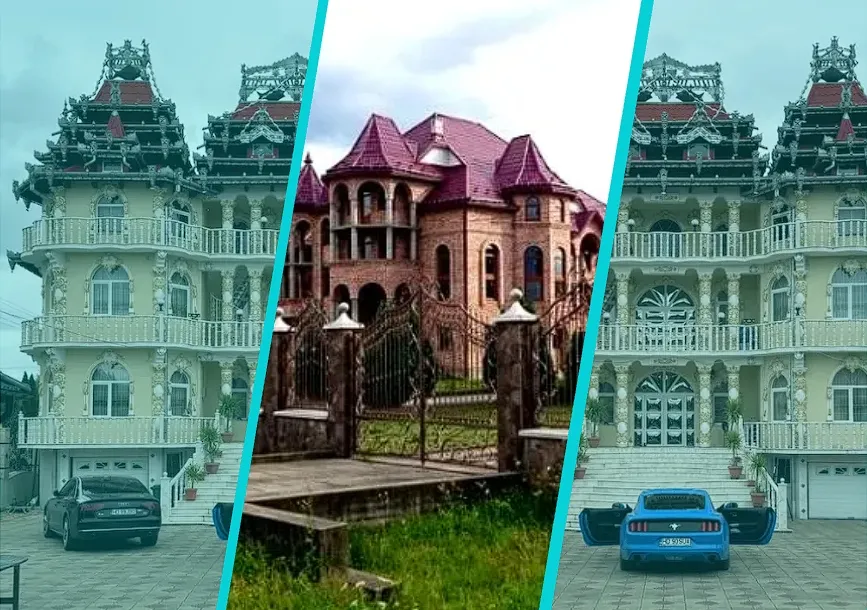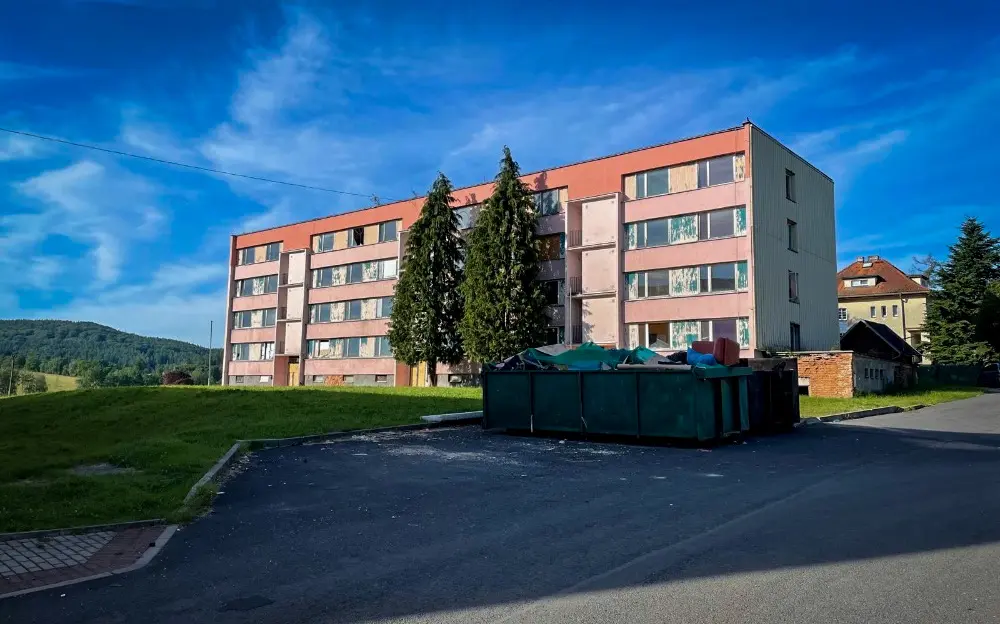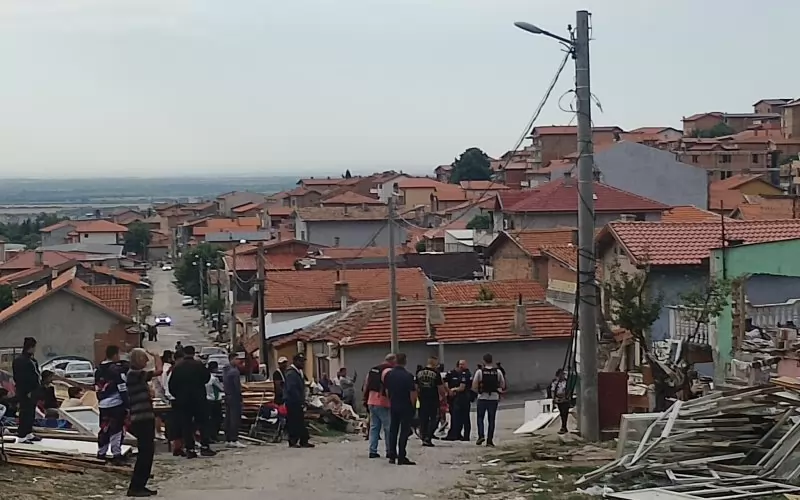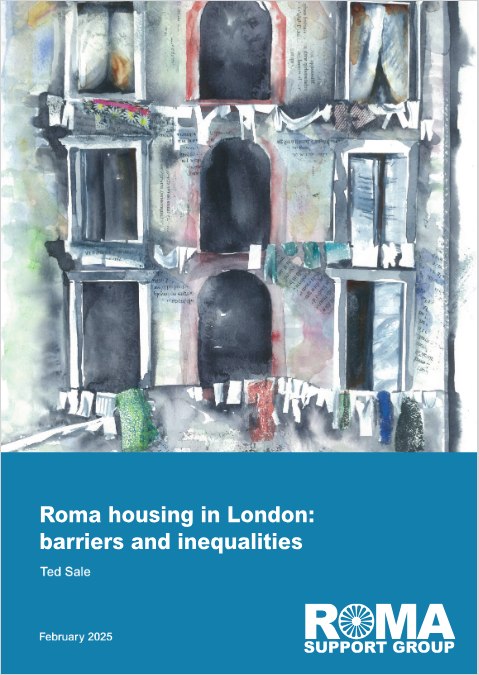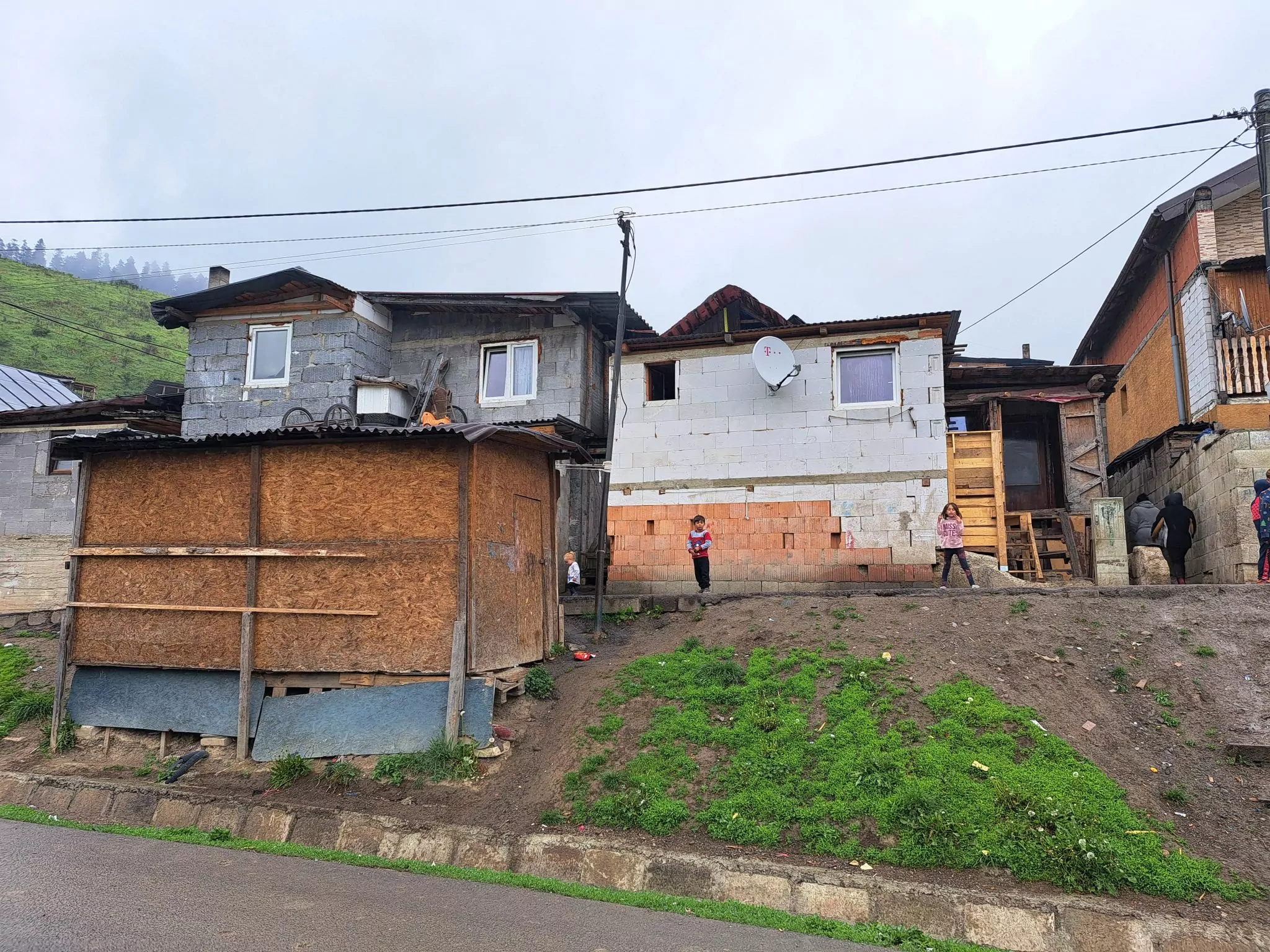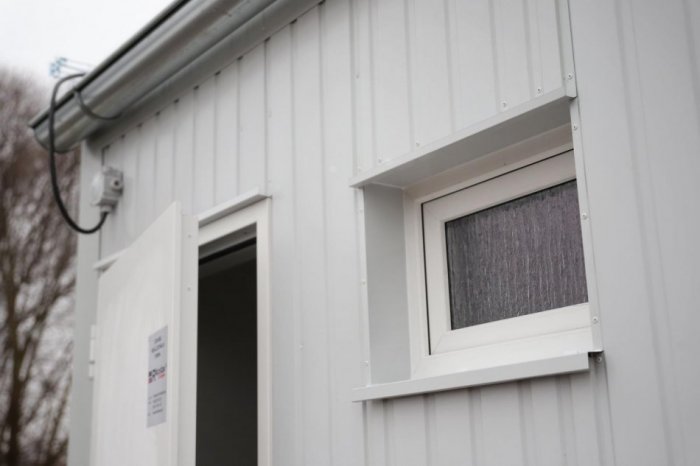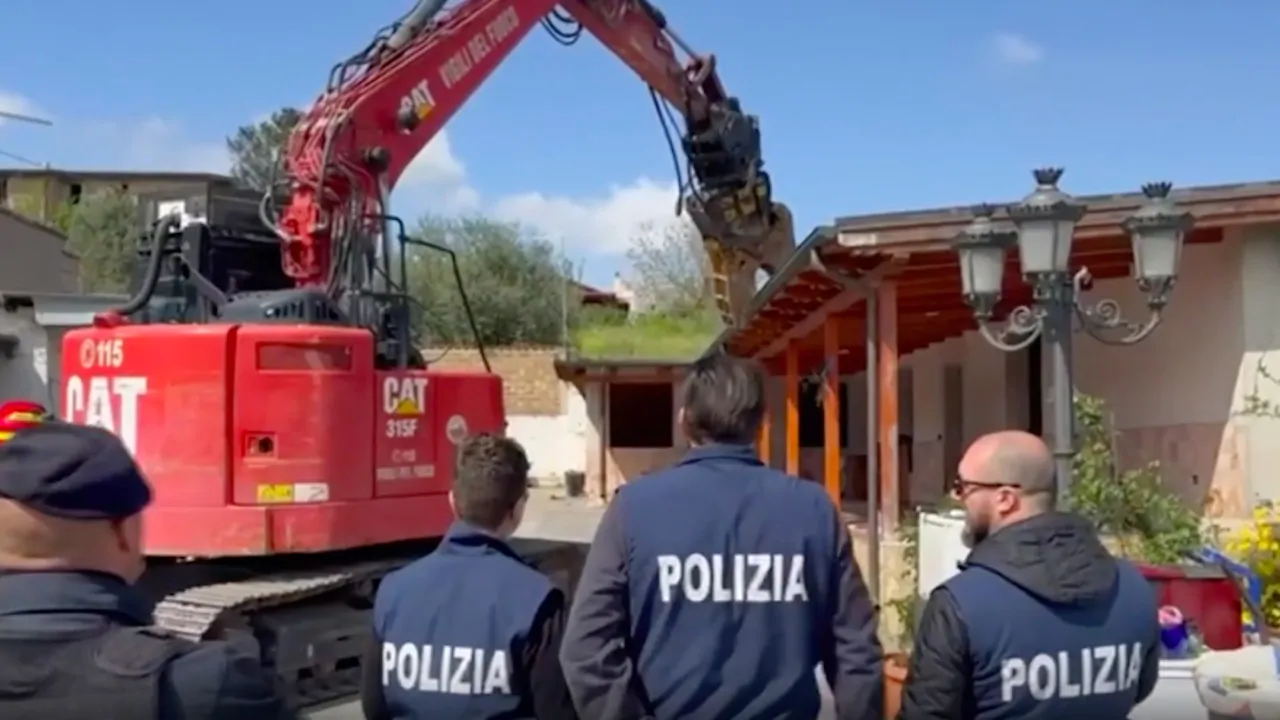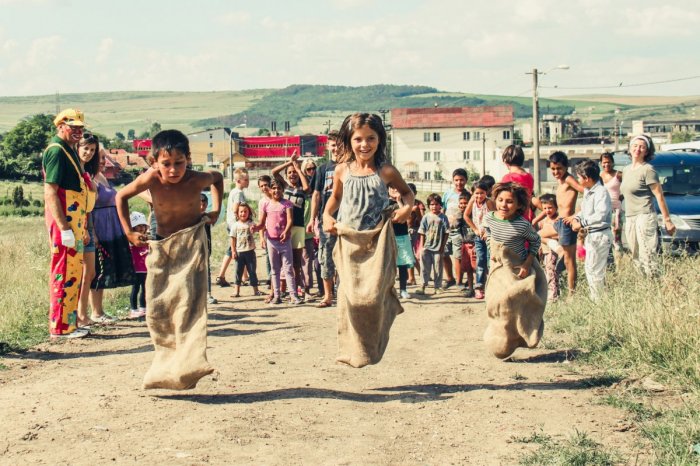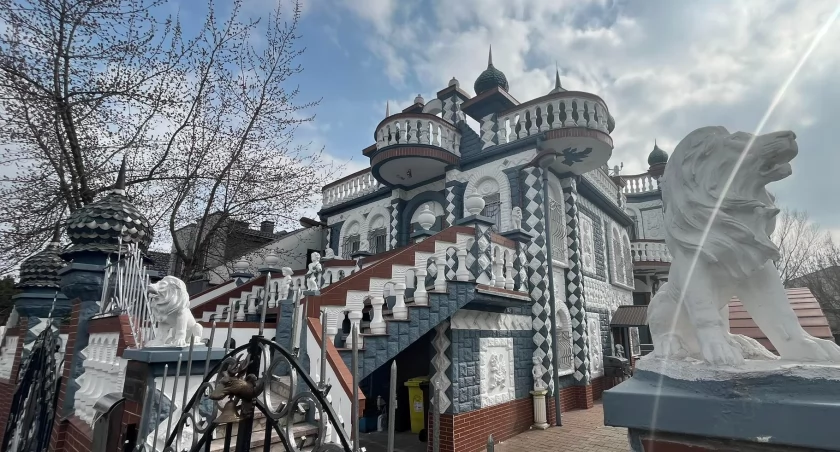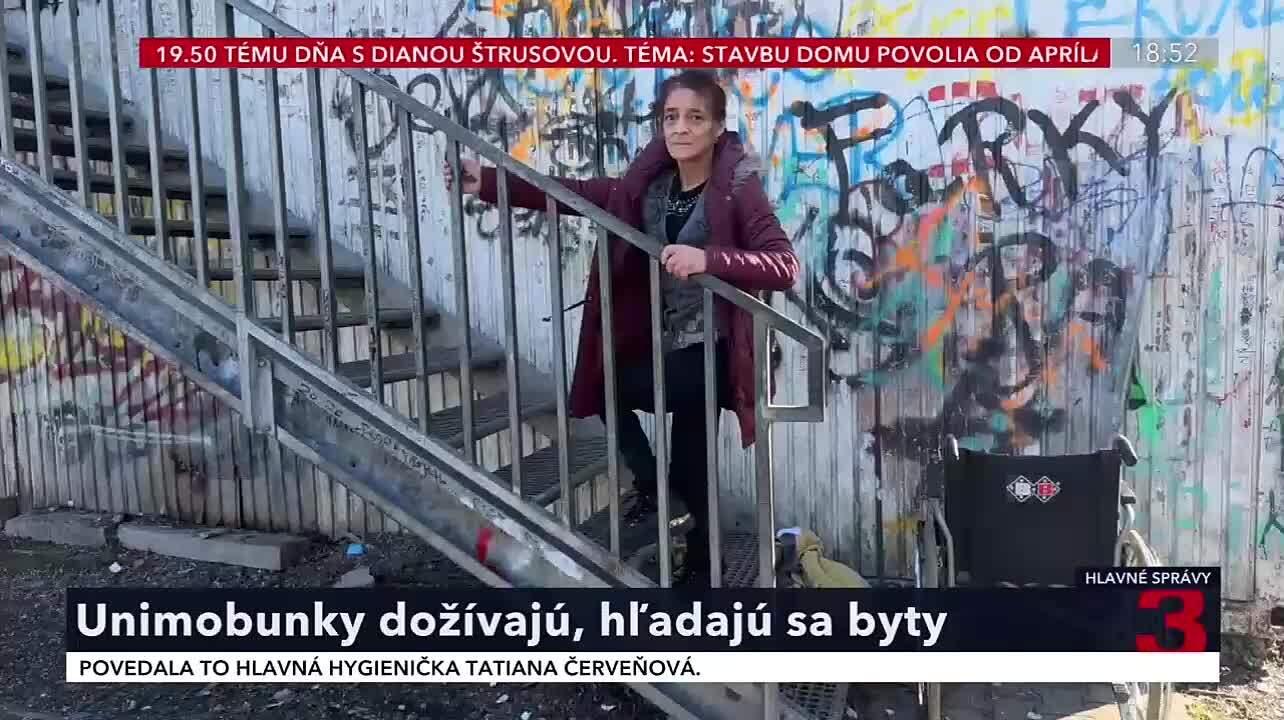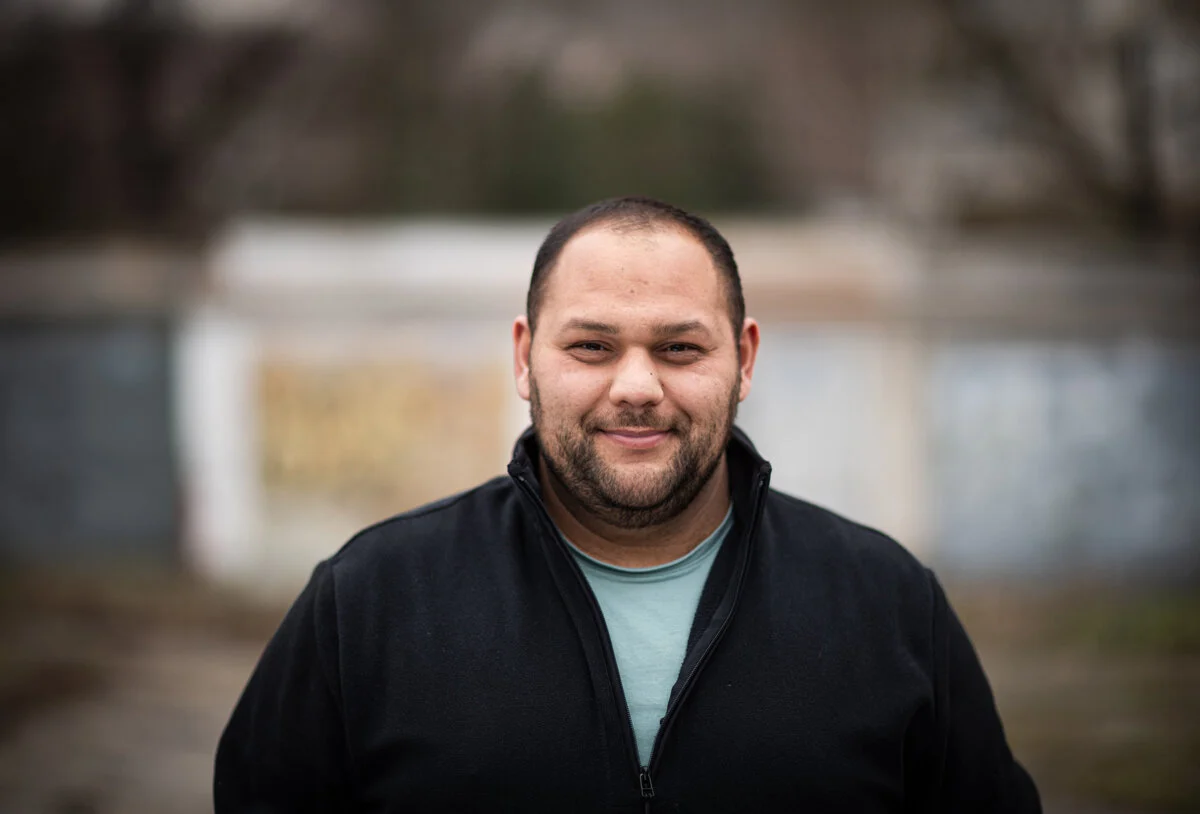We take care of our Roma because they are decent people. They want to work and live at a high standard, says the mayor of Buzica in the Košice-okolie district, Jozef Mohňanský (SMK), about a project to improve the quality of housing for the Roma community.
Buzica is one of 13 municipalities that received a non-refundable financial contribution from the Office of the Government Plenipotentiary for Roma Communities.
The money is to be used for the reconstruction and construction of rental apartments worth a total of more than 26 million euros. This will create or reconstruct housing capacities for 1,193 people.
Nice, but not sustainable … It means over 20’000 euros per relodged person, this in a region where the house prices are often lower than that.
